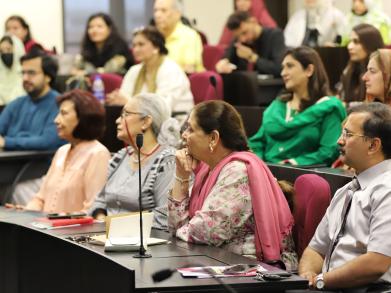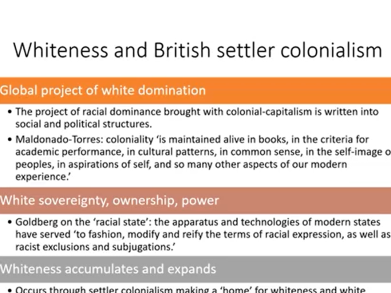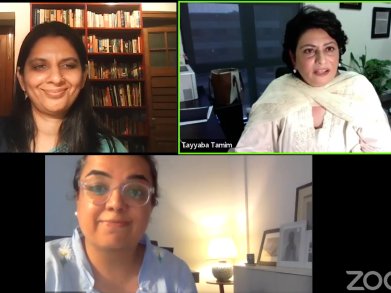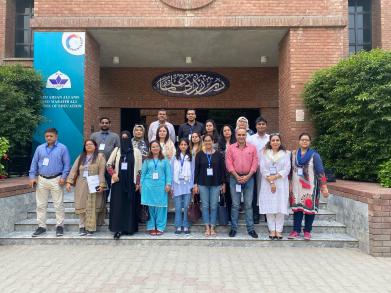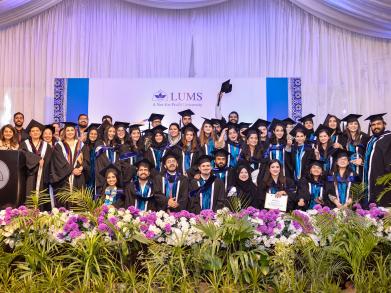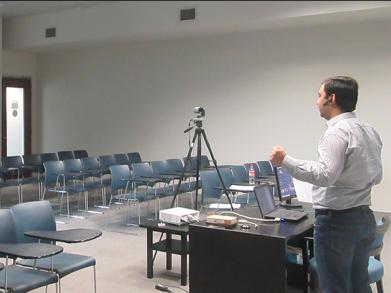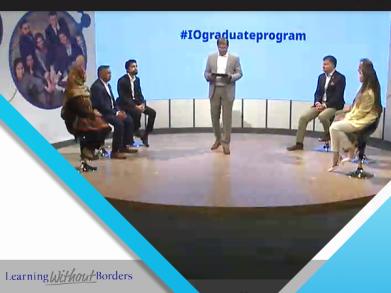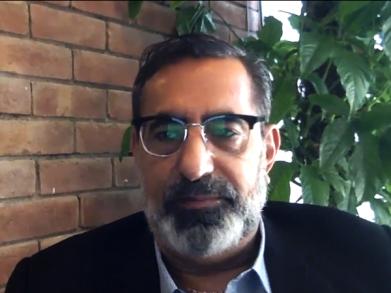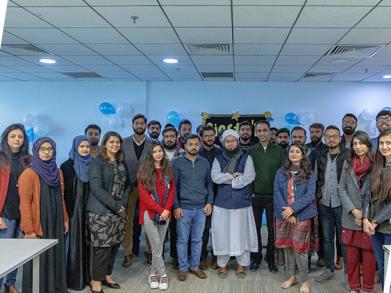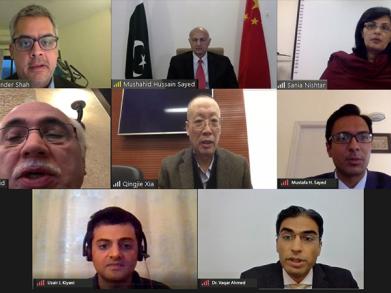SOE Hosts the World Bank to Present on the Newly Developed ‘Data Depot on Education in Pakistan’
On March 12, 2020, the LUMS School of Education hosted Koen Geven, Economist at the Education Global Practice of the World Bank to present the newly developed ‘Data Depot on Education in Pakistan’, a harmonised collection of 100+ underlying household and establishment level education survey datasets. The Data Depot also contains administrative datasets along with a dashboard to showcase key indicators.
Pakistan’s data production is similar to any high income country. The country produces a vast array of household surveys, including the Pakistan Social and Living Standards Measurement (PSLM), Household Integrated Economic Survey (HIES), Multiple Indicator Cluster Survey (MICS), and Demographic and Health Surveys (DHS). Survey data has been particularly well established in the education space, such as the now well established Annual Status of Education Report (ASER); the Learning and Educational Achievement in Punjab Schools (LEAPS) panel, one of the longest running panel of youth in the world; and the Early Grade Reading Assessment (EGRA) which was part of the biggest reading projects in the world.
Beyond surveys, some remarkable data collection has been done by government institutions. At a national level, enormous effort goes out in carrying out the census, the creation of the National System of Accounts, PIFRA system on public finance, and others. In the education space, there are various Education Management Information Systems (EMIS) set up at a provincial level, regular censuses of public and private schools, the national assessment data collected by the National Education Assessment System, and the compiled reports from Academy of Educational Planning and Management.
This closed group event brought together faculty and staff from the LUMS community to deliberate on the move towards removing the two major constraints to making better use of data for Pakistan’s educational future – firstly, it is technically hard to do so, and secondly, there are few user-friendly interfaces for development data. The discussion took stock of the main questions regarding the demand for data and the usage of hitherto less used data sets in research, teaching and everyday policy decision-making.







